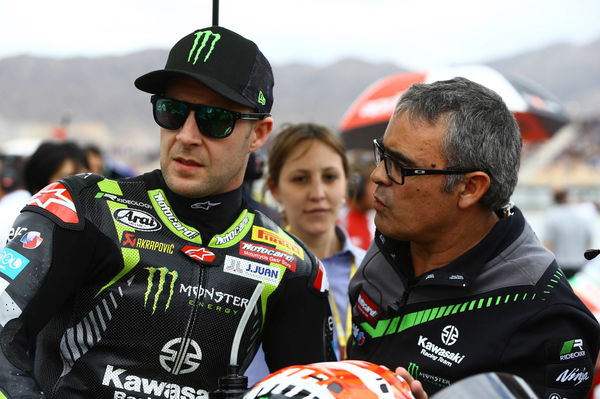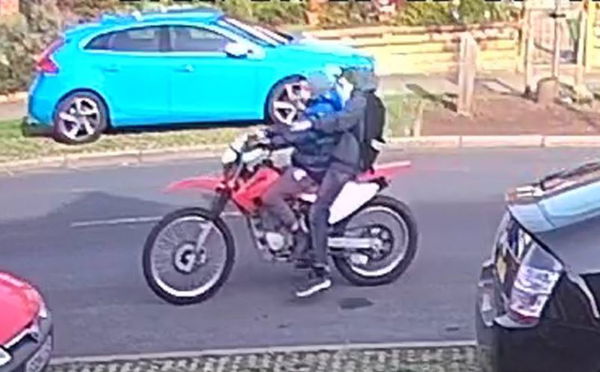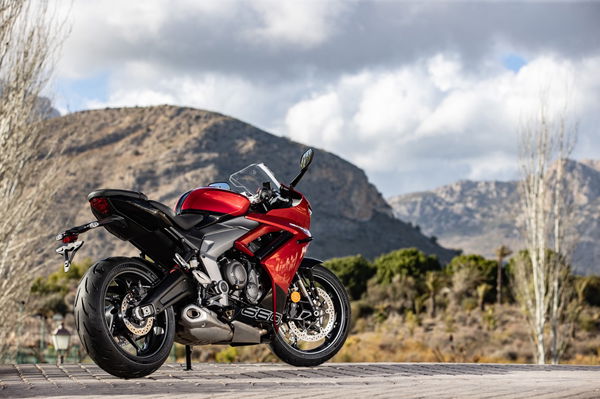Pere Riba (Jonathan Rea crew chief) - Q&A Interview
Jonathan Rea’s crew chief Pere Riba explains how his relationship with the four-time World Superbike champion flourish, learning from his own racing experience and what he’d improve about World Superbikes.

Since stepping up to become a crew chief at the factory Kawasaki World Superbike team in 2010, Riba has formed an unbeatable partnership with Jonathan Rea when the Northern Irish rider signed for the team in 2015.
Former rider Riba – who competed against Rea in his final years of racing – gives insight into his working relationship with the reigning World Superbike champion.
Johnny speaks of the closeness of the team in his box, have you ever had a connection with a rider like you do with him?
Pere Riba: He’s right. As you know, in racing there are so many approaches to get the job done, and depending on who is managing the project the way to do it may be one way or the other. In my case it’s the same.
Maybe because I was a rider before I have a good idea of what is important or what is a priority for getting the best out of a rider. To get a rider to be fast.
With Johnny I actually knew him well from way back because I’d raced with him when he was young in Supersport in the UK. I think he was maybe 18 and I was the Dad of the guys at 30 something and that experience also helps me to judge what will make him go.
There are so many kinds of rider, some are selfish, or not, open minded or not but some riders to be comfortable they need a warm crew around them. Some people who know them well and treat them like a friend and Johnny is one of those.
Right from the start I worked at trying to get the right people together to give him that feeling, to get the people around him to feel like a family. That’s the first thing I did before really worrying about the riding.
5774263478001
That’s the word Johnny often uses when describing his crew – family.
PR:100%. Honestly, I’m proud to be part of the Kawasaki family and love my situation, but as a person who is growing in their career I have ambitions and have had some interesting offers to further my career, some in MotoGP. But the reason I haven’t acted on them is that my relationship with Johnny is even more than professional, it’s part of a dream and I can’t stop that dream now.
Also this kind of success is almost addictive. Everyone in the crew is getting used to this but I always tell them that this isn’t real, it’s not normal and we have to enjoy it while it lasts. We work so hard and deserve success but this wave of success is not normal in racing.
Do you have a philosophy of being a crew chief which you expect the rider to fit with or do you change your way of working depending on the rider?
PR: I do have a philosophy and priorities. You could say that a crew chief is a senior mechanic or rider but I would say that he’s primarily a manager, simply a manager of people. It’s being clever with people that counts. You have to able to work with the few people in the box and also those working in the background but you must be able to get the best out of each one.
Each person is different with regard to skills, ego and character and you have to be able to get them all to work together and that is the most important thing.
Does that mean that you have responsibility for hiring staff for your side of the team?
PR: Sure I have to have responsibility for everything that happens around Johnny. The crew chief is never the best in any field but has to know about everything because the final decision in our structure is always the crew chief’s.
Firstly you have to be able to understand, motivate and form, the team. Then you need to have an understanding of the aspects of the bike and then you can give the rider what they need.
Also, I feel that in WorldSBK the crew chief is even more important than in MotoGP because we don’t have 10 engineers giving me information we just have a few people reporting to me so I play a greater part. Everyone thinks that we have a huge number of people there but the project is much smaller. We only have Mr Ichiro Yoda [KRT Senior Engineer], Marcel Duinker and myself who give all the information to Japan and they follow our directions.
So how many people are working with Johnny?
PR: One tyre guy, one suspension guy from Showa, two mechanics working on the bike and then myself – it’s really small. I sometimes talk to my friends at Ducati and Yamaha and they have a bigger structure. They often comment that our staffing is very small but I think that larger numbers of people can confuse each other. We have a back team which includes Mr Yoda who is our link with Japan but our box team is super focused.
Are you developing the bike purely for racing or is there a consideration towards developments for road bikes?
PR: No, Kawasaki do use our data for designing their road bikes because it is on track that components and systems are tested to their limits. Data for road bikes is a serious consideration for us, that’s why Kawasaki races.
You have a strong rider’s perspective whereas Marcel comes from an engineering background. Do you notice any difference in how the boxes function?
PR: Definitely. I respect Marcel hugely but as I said you can reach the same destination by many routes. I always take things from a racers point of view. Some crew chiefs may be looking for one or two tenths and you find that they start making changes on the bike. From my point of view this means that the rider may not fully understand each change and become confused. To understand the change a rider needs to understand the change at the limit in every part of the track.
In my philosophy I focus much more on the rider, focusing on their approach rather than making changes on the bike. Sure we’ll sometimes need to make changes but I’m not going to test a swingarm or frame at a race. At the weekend you have a base setting but the most important thing is to get the most from the rider.
A change may be a good direction to go but the price you pay in rider confidence may not be worth it. You need to be a rider to understand this.
You can give identical bike to two riders or even to the same rider in two circumstances and one will say it’s great and the other says it’s terrible. Riding is on two wheels, it’s all about the feel. The rider is the biggest factor in winning and the riders feeling is one of the biggest factor in their performance.
Follow Page 2 for the rest of the interview...











